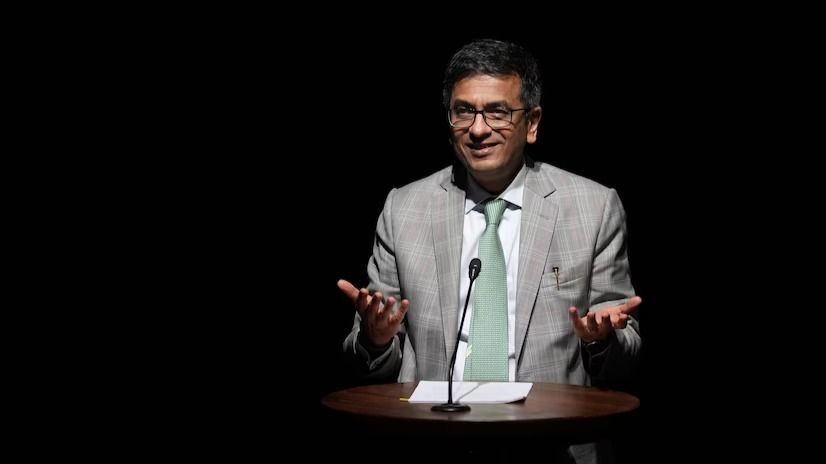In a heartfelt speech at the 9th Annual National Stakeholder Consultation on Protection of Rights of Children Living with Disabilities, Chief Justice of India DY Chandrachud spoke openly about the challenges his adopted daughters face due to to nemaline myopathy, a rare genetic disorder that affects muscle function. His candid comments brought much-needed attention to a condition that often goes unnoticed, both by medical professionals and society at large.
Emphasizing the critical lack of knowledge surrounding nemaline myopathy, Chandrachud stated, “There is a lack of knowledge about myopathy among doctors, caregivers and parents. Many families live in self-denial, believing that nothing happens to their children.” He recounted difficulties in accessing adequate diagnostic tests and shared that even in leading medical facilities, procedures can be overly invasive and painful. “We were informed that the tests would involve taking tissue samples without anesthesia, a distressing experience for both the child and the family,” he recalled.
What should you know about nemaline myopathy?
Nemaline myopathy, also known as rod myopathy, is characterized by muscle weakness and a variety of associated symptoms that can vary significantly from one individual to another. The condition may present at birth or develop later in childhood, with some cases emerging in adulthood. Common clinical features include hypotonia (reduced muscle tone), reduced or absent reflexes, and severe weakness in proximal muscles, those closest to the center of the body, such as the shoulders and pelvis.
The facial muscles may also be affected, leading to distinctive features such as an elongated face, a retrognathic jaw, and a highly arched palate. The varied presentation of symptoms means that early diagnosis is crucial for effective treatment and support.
The genetic basis of nemaline myopathy involves multiple genes, with at least ten identified as causative. It can be inherited in two main ways: autosomal recessive or autosomal dominant. In autosomal recessive cases, both parents must pass on an abnormal gene for the child to be affected, while in autosomal dominant cases, only the gene from one parent is necessary. This complex pattern of inheritance often complicates understanding of the disorder within families.
Chandrachud’s comments highlight the urgent need to increase awareness and educational resources around nemaline myopathy, particularly in India. “We need better facilities and compassionate care for families affected by this condition,” he urged, advocating for better support systems and educational opportunities for children with disabilities.
The conversation about genetic disorders and their impacts on families also aims to create a more inclusive society. With improved knowledge and resources, we can create a more supportive environment for all people living with disabilities.
Disclaimer:
The information contained in this post is for general information purposes only. We make no representations or warranties of any kind, express or implied, about the completeness, accuracy, reliability, suitability or availability with respect to the website or the information, products, services, or related graphics contained on the post for any purpose.
We respect the intellectual property rights of content creators. If you are the owner of any material featured on our website and have concerns about its use, please contact us. We are committed to addressing any copyright issues promptly and will remove any material within 2 days of receiving a request from the rightful owner.

